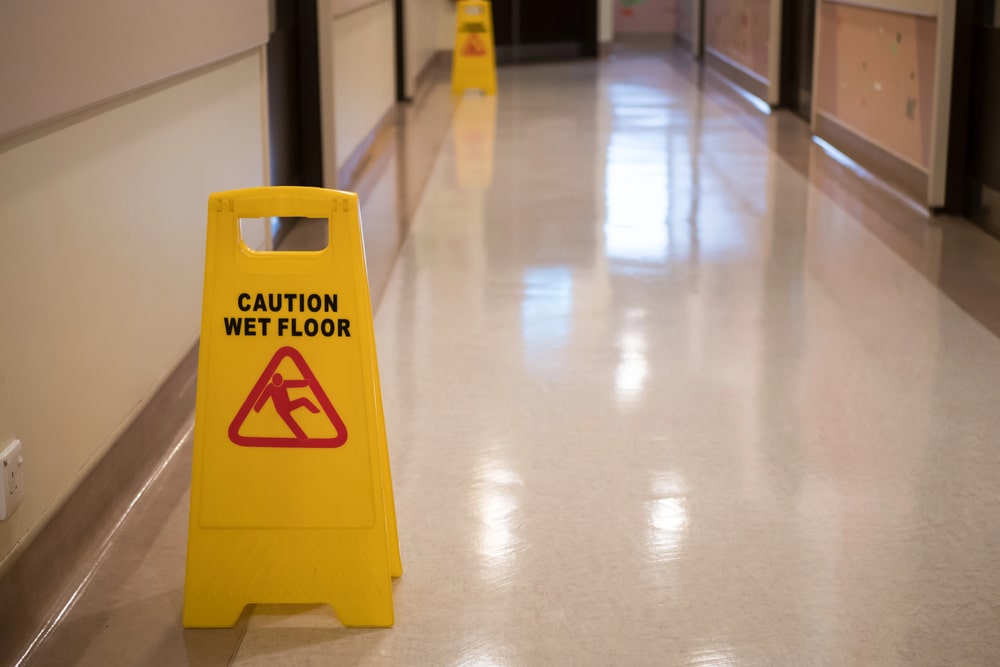When you’re dealing with the aftermath of an injury, it’s natural to wonder how long the legal process will take. The timeline of a personal injury lawsuit varies based on numerous factors, including the complexity of the case, the type of injury, and how willing the involved parties are to settle. While it’s impossible to provide an exact answer without knowing the specifics of the case, a personal injury lawyer can give you a general idea of what to expect when pursuing a personal injury claim.
Factors That Impact The Duration Of A Lawsuit
The length of a personal injury lawsuit can depend on several factors. A simple case might resolve quickly, while more complicated matters can take years. One of the first considerations is the severity of the injury. If the injuries are serious and long-term, it might take more time to gather medical evidence, assess the full extent of the damages, and determine an appropriate compensation amount. Similarly, if the defendant disputes the claim or denies responsibility, the process can take much longer.
Settlements Can Speed Up The Process
Many personal injury cases settle before they reach trial. When both parties agree on a settlement, the time it takes to resolve the case can be drastically shortened. However, settlements are not guaranteed, and the negotiation process can take some time. Both sides will need to reach a fair agreement, which could involve several rounds of offers and counteroffers. Working with legal professionals, such as those at Hurwitz, Whitcher & Molloy, can help expedite this phase by ensuring all necessary information is presented clearly and effectively.
Pre-Litigation Steps Can Take Time
Before filing a lawsuit, several steps can take months or even longer. For instance, during the pre-litigation phase, your attorney will investigate the circumstances surrounding the injury, gather evidence, and consult with medical professionals. Additionally, your lawyer may try to resolve the matter through informal negotiation or alternative dispute resolution before going to court. This can help reduce the overall length of the case if both parties can agree on a settlement without involving the courts.
The Trial Process Can Add Significant Time
If a case does not settle and proceeds to trial, it can extend the duration significantly. The trial process involves multiple stages, including discovery, pre-trial motions, jury selection, and, ultimately, the trial itself. The amount of time this takes depends on how busy the court system is and whether there are delays caused by the legal teams or other parties. Personal injury trials generally last anywhere from a few days to several weeks, depending on the complexity of the case. After the trial, the judge or jury will deliberate and issue a verdict, which can also take time.
The Importance Of Personal Injury Lawsuit Timelines
The timeline of a personal injury lawsuit can vary widely, but it’s important to stay patient and keep in mind that each case is unique. Factors such as the complexity of the case, the willingness of the parties to negotiate, and the court’s schedule all play a role in how long the process will take. Having a personal injury attorney by your side can help you navigate the process more efficiently. While it may take time, receiving fair compensation for your injuries is often worth the wait.



